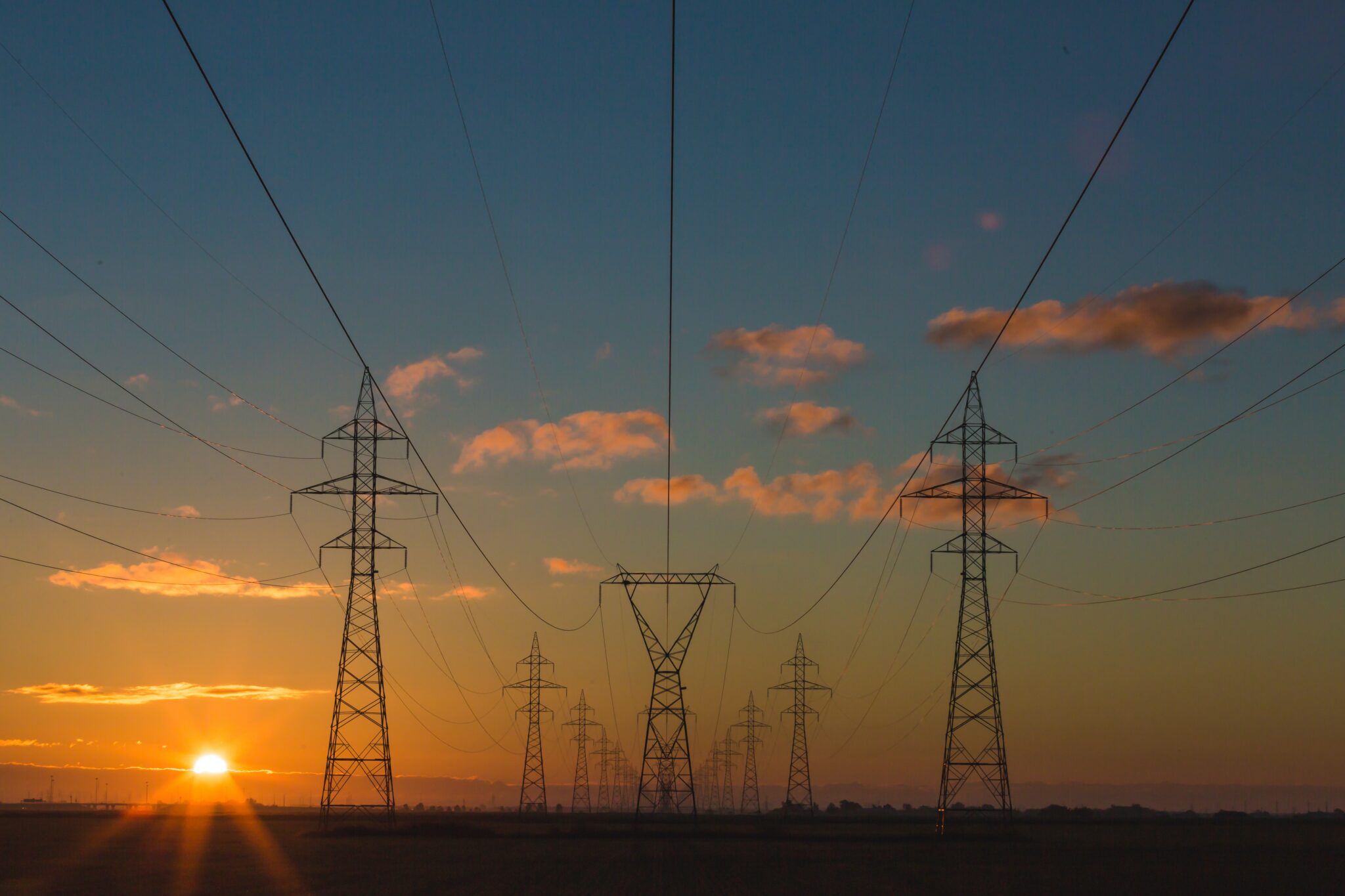In a significant move to expand its global energy foothold, China has been aggressively investing in the Middle East’s energy infrastructure. This strategic shift underscores Beijing’s ambition to diversify its energy supplies and enhance its geopolitical leverage as its clout grows in the region.
State-owned China Petroleum & Chemical Corp. (Sinopec) recently acquired a 1.25% share in the first phase of a $30 billion liquefied natural gas (LNG) project in Qatar, marking China’s maiden stake in a Qatari gas field. This landmark deal followed another agreement with QatarEnergy last November to supply 4 million tons of LNG to China annually, which translates to slightly over 6% of China’s imports for the product last year.
While China’s reliance on Middle East’s crude oil is well known, these recent deals indicate a noticeable shift in the balance of power. Traditionally, Western oil majors had an edge in the region due to their advanced technical expertise and entrenched government relationships. However, as Michal Meidan, an energy scholar at Oxford University, noted, “Chinese oil-and-gas companies are becoming global players and they are in the region for the long haul.”
These energy deals coincide with Beijing’s rising diplomatic proficiency in the Middle East. Its recent mediation efforts between Saudi Arabia and Iran, and an offer to intervene between Israelis and Palestinians showcase China’s emerging prowess. As U.S.-China tensions escalate, regional countries are broadening their customer base, with Beijing’s policy of non-interference acting as an attractive proposition.
China’s aggressive pursuit of gas imports aligns with its ambition to wean off its coal dependence. In 2021, it became the world’s largest LNG importer, with Qatari LNG shipments witnessing a 70% surge in 2022. This strategic move lessens China’s dependence on the U.S. and Australia, and strengthens its negotiation position on a new gas pipeline deal with Russia.
Equity stakes like Sinopec’s in QatarEnergy do more than just secure energy supplies; they offer Chinese state-owned companies in-depth industry knowledge, a crucial element in challenging the dominance of the U.S. dollar in global oil contracts. During a recent visit to Saudi Arabia, Chinese leader Xi Jinping called for more oil and gas trade settlements in yuan.
Lastly, China’s energy deals align with its broader strategy of “full industrial chain cooperation” with Gulf Cooperation Council member states, including aspects like exploration, production, refining, storage, transportation, and sales. This comprehensive approach positions China at the forefront of both the North Field and South Pars, two of the world’s largest gas fields.
In summary, China’s recent energy deals underline its comprehensive and multidimensional strategy in the Middle East, reflecting the growing scale and influence of Beijing’s presence in the region.
